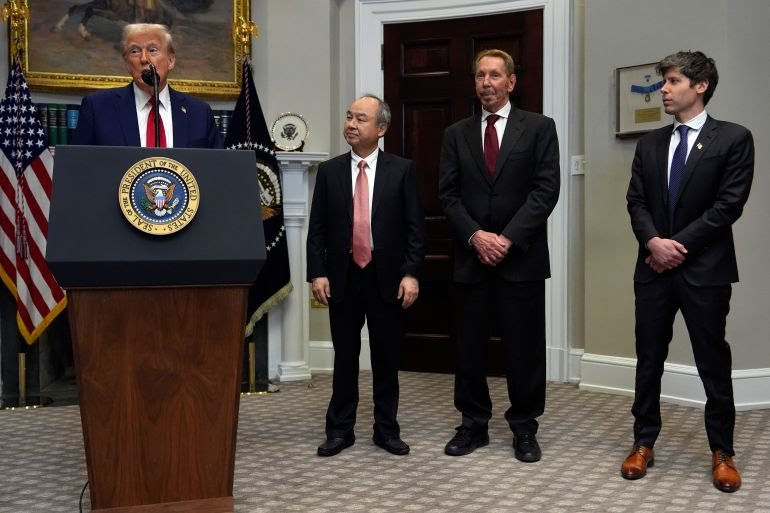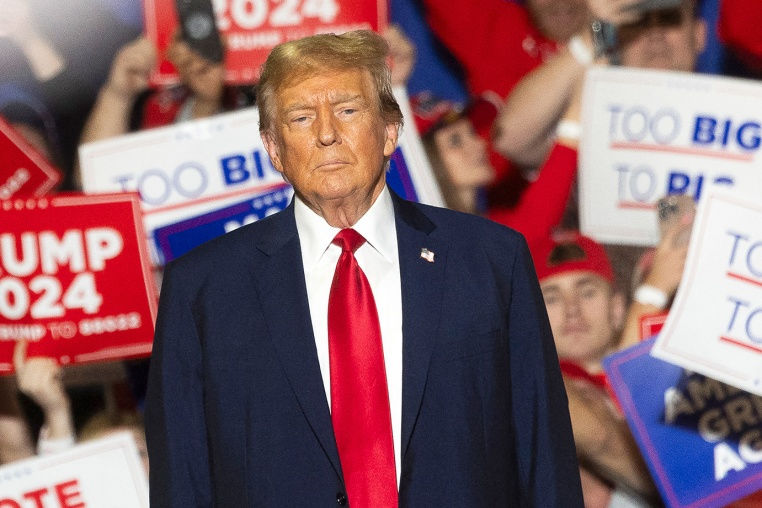Startup Founders Flood Inauguration Parties Hoping for Dealmaking Opportunities
- Jermy Johnson
- Jan 22
- 2 min read

As the new administration took office, startup founders flocked to Washington, D.C. in hopes of connecting with the president's inner circle and securing potential deals. The inauguration festivities provided a prime opportunity for these entrepreneurs to network and pitch their ideas.
One such founder, Isaiah Taylor of Valar Atomics, spent the weekend party-hopping, rubbing shoulders with high-profile figures like Sean Spicer and Jordan Peterson. Taylor's company aims to use nuclear power to generate synthetic hydrocarbon fuel, and he even scored three separate invites to Mar-a-Lago by sending a proposal on nuclear regulation changes to anyone he knew with Washington connections.
"People are like, 'please tell me, how do we fix this? We need to build things again,'" Taylor said, reflecting the sentiment shared by many founders in attendance.
Throughout the capital, startup leaders enjoyed the fruits of their industry's political maneuvering. They attended events like the Crypto Ball hosted by David Sacks, a crypto-themed rave sponsored by the Milady NFT group, and a "Coronation Ball" hosted by a publishing company associated with controversial thought leader Curtis Yarvin.
Tyler Sweatt, CEO of defense tech startup Second Front Systems, expressed optimism that the new administration might usher in a rare moment of alignment between the federal government, Big Tech, and the startup ecosystem. "Apolitically, that's pretty freaking interesting for what could we do as a country," Sweatt said.
However, not all founders were entirely satisfied. Jacob Martin of crypto fund 2 Punks Capital lamented missing his chance to buy the Trump meme coin when it launched at the Crypto Ball, a time when top crypto donors were away from their computers. "There were people who made hundreds of millions on it," he said.
Despite the distractions, many founders remain hopeful that the Trump administration's focus on government efficiency, as exemplified by Elon Musk's new Department of Government Efficiency, will open up more opportunities for startups to pitch their products to government agencies.
James Layfield, chief sales officer of a company that helps identify redundant software, has already created a website called "GovBuys" to offer his products to government agencies for free, in anticipation of Musk's cost-cutting efforts.
As the new administration settles in, startup founders will continue to navigate the political landscape, hoping to capitalize on any potential opportunities that arise. The challenge, as one founder put it, will be to "stay focused on their day job" amidst the whirlwind of inauguration parties and Mar-a-Lago trips.








Comments